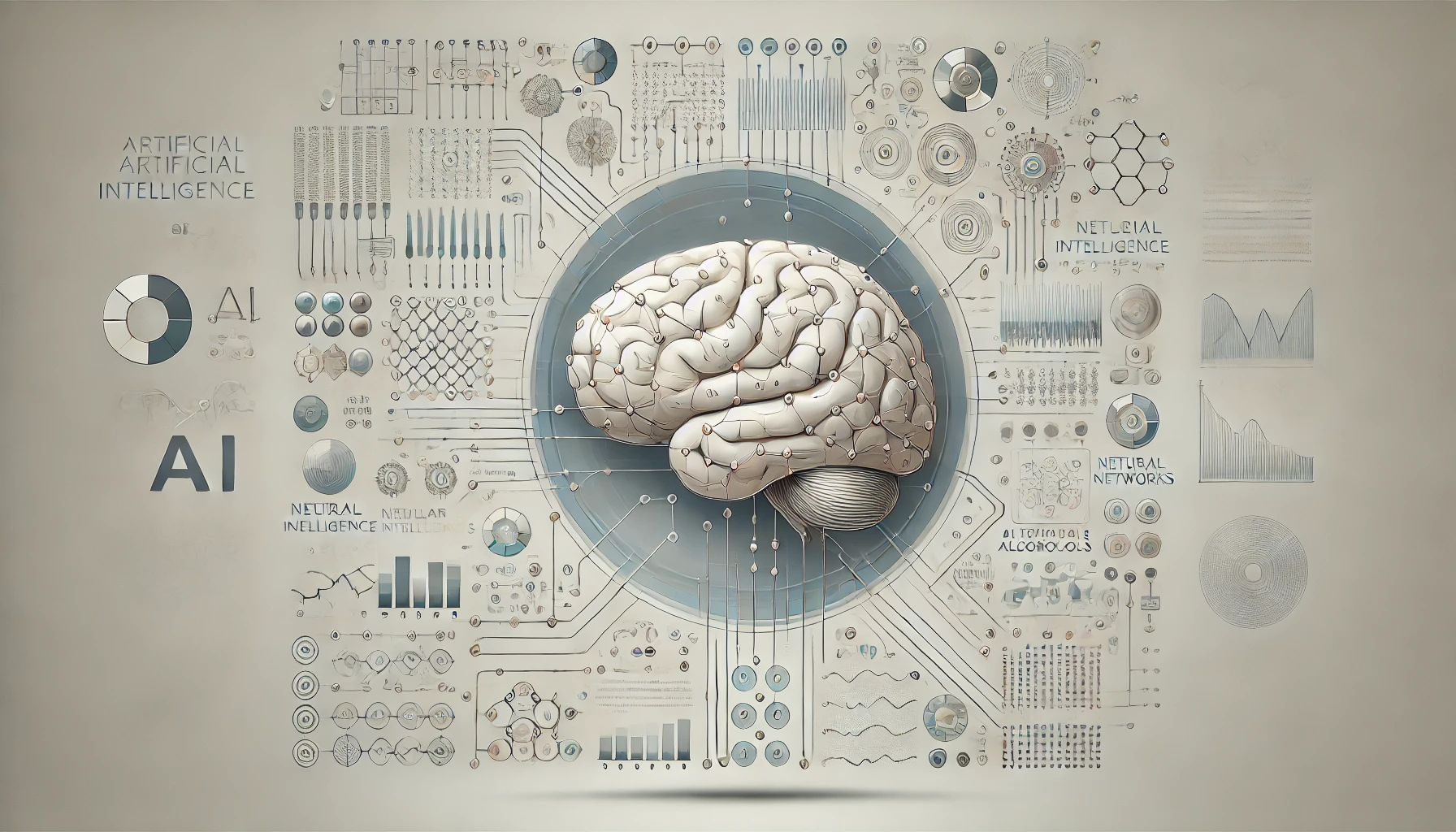Intro to AI
 Arpit Singh
Arpit SinghTable of contents

The What
AI is a technology, which possess abilities to solve problems like humans, can learn, adapt and mimic human behavior, and is non-living, human. It’s a form of intelligence which can operate on its own once developed, but it will operate and work only for the field it is developed. AI itself is a big picture, which embraces Computer Vision, Machine Learning, Deep Learning, Generative AI etc.
The Why
Curiosity, yes, the main factor for inception of such idea is basic human trait, curiosity. We as a human have always tried to understand the fundamental nature of ourselves, like, How do we do, what we do? How life originated? What is in there outer space? How does our brain functions? and other countless question which come out of our curiosity. So, the answer of how does our brain functions and to simulate its behavior lead the foundation of AI.
We can for sure do the same things by biological process, like we reproduce, but we won’t be able to control it completely after certain age, it can no do tasks efficiently as a machine can do, it can make more mistakes etc. are few shortcomings of human intelligence, which can be solved completely by non-living AI.
Why now
See, development of such things started as early as 1950s, its nothing new, it’s just AI has exploded and gradually found its place in last 20 years because of significantly growth in data we ever had and effective pricing of internet and Hardwares. Earlier we had Symbolic AI (if-else ladder) and Experts systems, which at that time were thought to be AI.
In last two decades, people have tried to use AI in fields like medical, business, education, finance etc. and found out it to be extremely useful. Tasks like prediction of cancers, spam classification, clustering of customers etc. are some of the initial usages of AI. And now AI is present is almost all types of software in the form of recommendation system, virtual assistants, chatbots, any type of classifier, various types of predictors etc.
Industry is suffering from a stage where every company want to integrate AI in their services, a FOMO.
Few Applications of AI
1. Healthcare:
Diagnostics: AI algorithms analyze medical images (like X-rays and MRIs) to detect conditions such as cancers, tumors, or fractures more accurately than human radiologists. For instance, Google's DeepMind has developed AI that can diagnose eye diseases with high precision.
Personalized Medicine: AI systems analyze patient data to tailor treatments based on individual genetic profiles, improving outcomes and minimizing side effects.
2. Finance:
Fraud Detection: Machine learning models analyze transaction patterns to identify anomalies indicative of fraud. Companies like PayPal and Mastercard utilize AI to enhance security measures.
Algorithmic Trading: AI algorithms execute trades at high speeds based on market data analysis, optimizing investment strategies and maximizing returns.
3. Transportation:
Autonomous Vehicles: Companies like Tesla and Waymo are developing self-driving cars that use AI to navigate and make real-time decisions based on sensor data.
Traffic Management: AI systems optimize traffic flow by analyzing real-time data from cameras and sensors, reducing congestion in urban areas.
4. Retail:
Recommendation Systems: E-commerce platforms like Amazon use AI to analyze customer behavior and preferences, providing personalized product recommendations that enhance user experience and drive sales.
Inventory Management: AI tools predict demand trends, helping retailers manage stock levels efficiently and reduce waste.
5. Customer Service:
Chatbots: Businesses employ AI-driven chatbots to handle customer inquiries 24/7, providing instant responses and freeing human agents for more complex issues.
Sentiment Analysis: AI analyzes customer feedback across social media and review platforms to gauge public sentiment about products or services, informing marketing strategies.
6. Education:
Adaptive Learning Platforms: AI-powered educational tools personalize learning experiences by adapting content to meet the needs of individual students, enhancing engagement and retention.
Administrative Automation: Institutions use AI for scheduling, grading, and managing student records, streamlining administrative tasks.
Conclusion
The integration of Artificial Intelligence across various sectors demonstrates its transformative power in enhancing operational efficiency and decision-making processes. As AI technologies continue to evolve, their potential applications will expand further, driving innovation in healthcare, finance, transportation, retail, customer service, and education. Embracing these advancements can lead to improved outcomes for businesses and consumers alike. However, it is crucial to address ethical considerations surrounding data privacy and job displacement as we navigate this rapidly changing landscape. By fostering responsible development and deployment of AI technologies, society can harness their benefits while mitigating potential risks.
Subscribe to my newsletter
Read articles from Arpit Singh directly inside your inbox. Subscribe to the newsletter, and don't miss out.
Written by

Arpit Singh
Arpit Singh
AI engineer at Proplens AI, a final year student pursuing bachelor's in computer science and engineering.